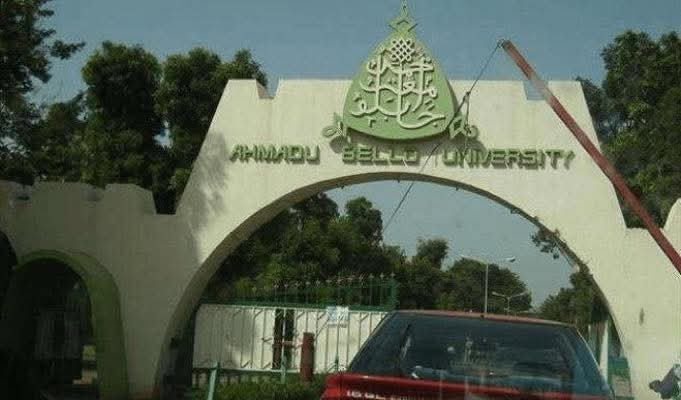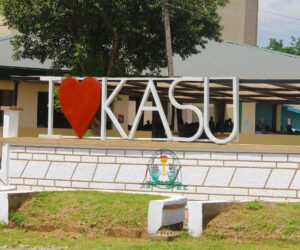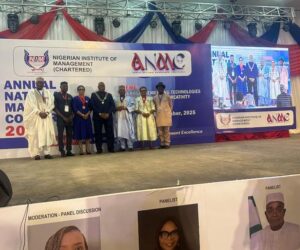Authorities of Ahmadu Bello University (ABU), Zaria, have dismissed reports alleging that the institution was secretly developing a nuclear weapon for Nigeria, describing the claim as baseless and a product of an AI-generated video circulating on social media.
In a statement signed by the Director of Public Affairs, Auwalu Umar, the university said the video, attributed to unnamed online sources, falsely claimed that Nigerian scientists at ABU enriched weapons-grade uranium in the 1980s with support from Pakistan’s AQ Khan Network.
The university noted that such allegations were not only false but also dangerous, given Nigeria’s long-standing commitment to the peaceful use of nuclear science under international treaties.
According to the statement, most of the scientists at ABU’s Centre for Energy Research and Training (CERT) were trainees abroad during the 1980s and could not have engaged in uranium enrichment. “Nigeria and, indeed, ABU have no connection whatsoever with the AQ Khan Network or any form of nuclear weapons programme,” the statement added.
It further clarified that the only operational nuclear facility at the time was a 14 MeV Neutron Generator commissioned in 1988, while the main project, the Nigeria Research Reactor-1 (NIRR-1), began in 1996 under the IAEA’s Technical Cooperation Programme and was commissioned in 2004.
ABU explained that the NIRR-1 reactor, acquired through a partnership with China and the International Atomic Energy Agency, was initially powered by highly enriched uranium but was converted to low enriched uranium in 2018 in line with the Global Threat Reduction Initiative.
The management stressed that all its nuclear research activities have been conducted openly and under international supervision, reaffirming that Nigeria does not operate any uranium enrichment or fuel fabrication plant.
The statement also traced the country’s nuclear history, noting that Nigeria joined the IAEA in 1964, signed the Nuclear Non-Proliferation Treaty in 1968, and remains a party to the Pelindaba Treaty of 2009, which prohibits nuclear weapons in Africa.
ABU reaffirmed its commitment to using nuclear science solely for peaceful purposes such as medical research, agriculture, and energy development, in line with the vision of the university’s founder and the national policy on atomic energy.








